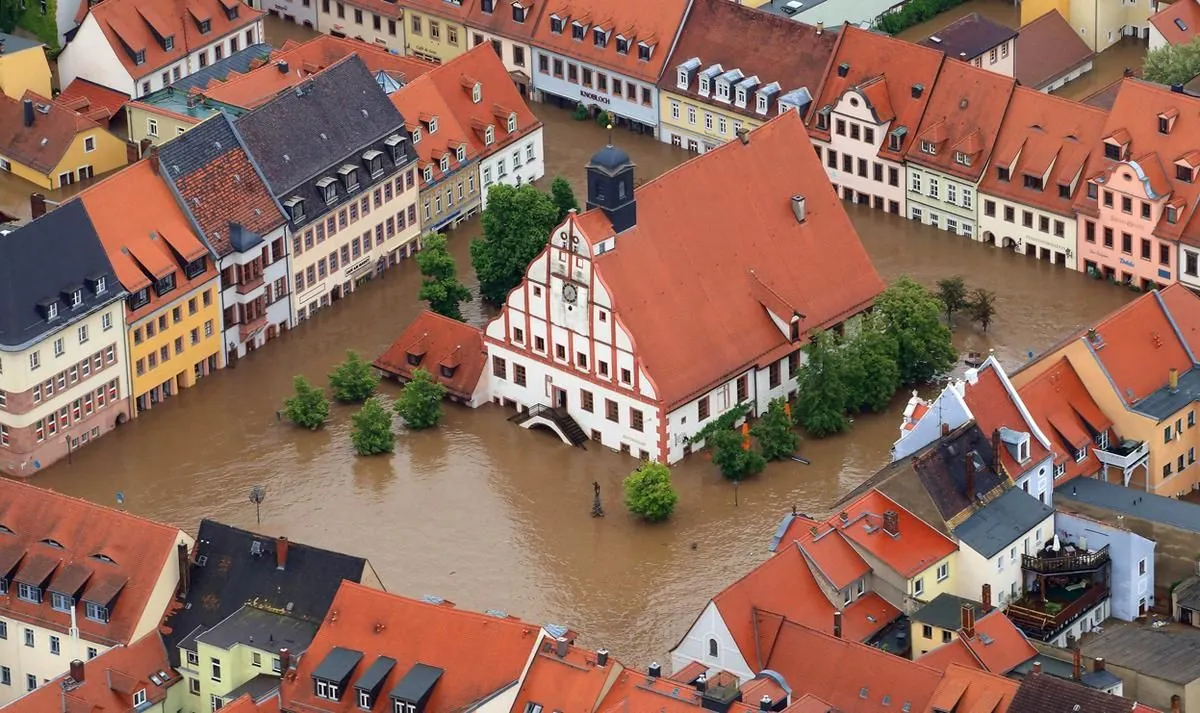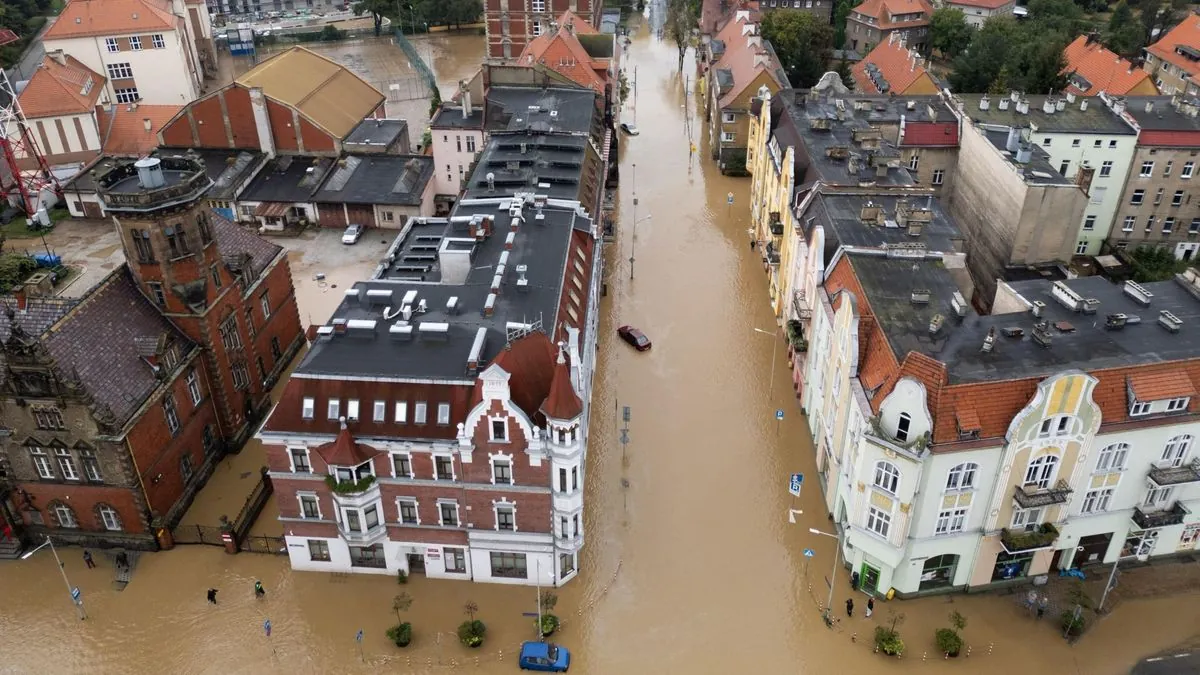Global Climate Disasters Intensify: Europe, Africa, and Asia Face Severe Weather
Extreme weather events, including flooding in Europe and Africa and a typhoon in China, have caused widespread damage and evacuations. Scientists warn of worsening conditions due to climate change.

Recent extreme weather events across Europe, Africa, and Asia have highlighted the intensifying impact of climate change on communities worldwide. These incidents underscore the urgent need for climate adaptation and mitigation strategies.
In Central and Eastern Europe, Storm Boris has triggered severe flooding, forcing hundreds of thousands to evacuate. The storm, which made landfall on September 12, 2024, has caused widespread power outages, infrastructure damage, and at least 16 fatalities. Donald Tusk, Poland's Prime Minister, declared a 30-day state of natural disaster in affected areas, while other European leaders have mobilized resources to address the crisis.
"The worst is not behind us yet."
The flooding in Europe aligns with predictions from the European Environment Agency, which estimates annual flood damages of €4.9 billion in the EU. The European Flood Awareness System (EFAS) provides early warnings for such events, emphasizing the importance of preparedness.

Concurrently, West and Central Africa are grappling with catastrophic floods that have affected up to 4 million people in 2024. The disaster has resulted in over 1,000 deaths, nearly 1 million evacuations, and extensive property destruction. The World Health Organization has deployed mobile health units to affected areas, but more assistance is needed.
In Asia, Typhoon Bebinca, the strongest storm to hit Shanghai in 75 years, made landfall on September 16, 2024. The typhoon forced the evacuation of over 400,000 people and disrupted transportation and tourism during China's Mid-Autumn Festival.
These events align with scientific predictions about the increasing frequency and intensity of extreme weather due to climate change. The World Meteorological Organization reports a fivefold increase in weather-related disasters over the past 50 years. The Intergovernmental Panel on Climate Change (IPCC) attributes this trend to human-induced climate change.
Looking ahead, the World Bank estimates that by 2050, climate change could force more than 140 million people to migrate within their countries. The World Resources Institute predicts that by 2030, 147 million people will be exposed to flood risks in urban areas.
Addressing these challenges requires significant investment in climate adaptation. The Global Commission on Adaptation suggests that investing $1.8 trillion in adaptation measures could generate $7.1 trillion in total benefits. The United Nations Framework Convention on Climate Change (UNFCCC) Paris Agreement aims to limit global temperature increase to well below 2°C above pre-industrial levels, emphasizing the need for immediate action to mitigate climate change impacts.
As communities worldwide face the consequences of extreme weather, the importance of international cooperation, early warning systems, and robust disaster response mechanisms becomes increasingly evident. The recent events serve as a stark reminder of the urgent need to address climate change and its far-reaching effects on global populations.


































